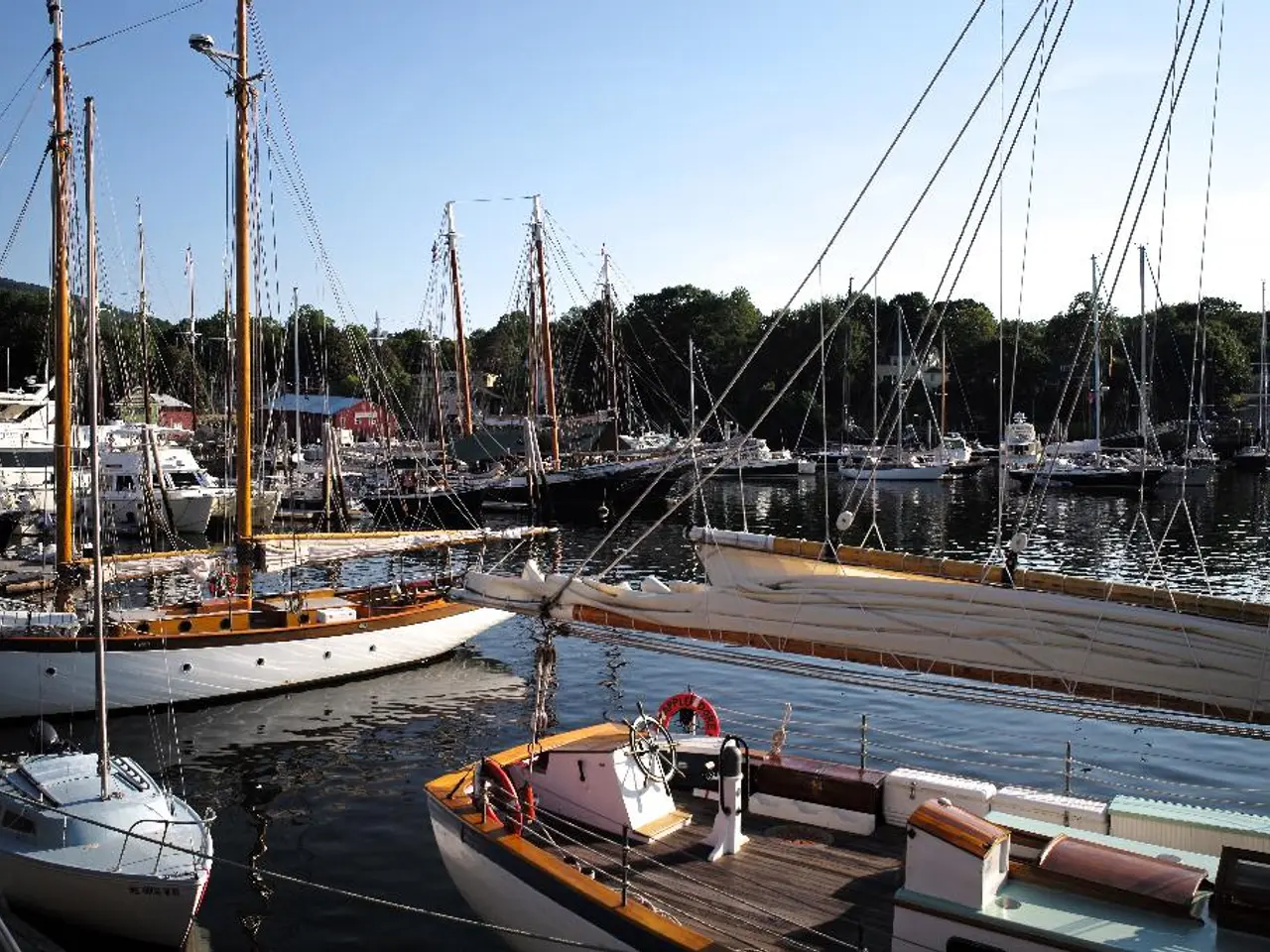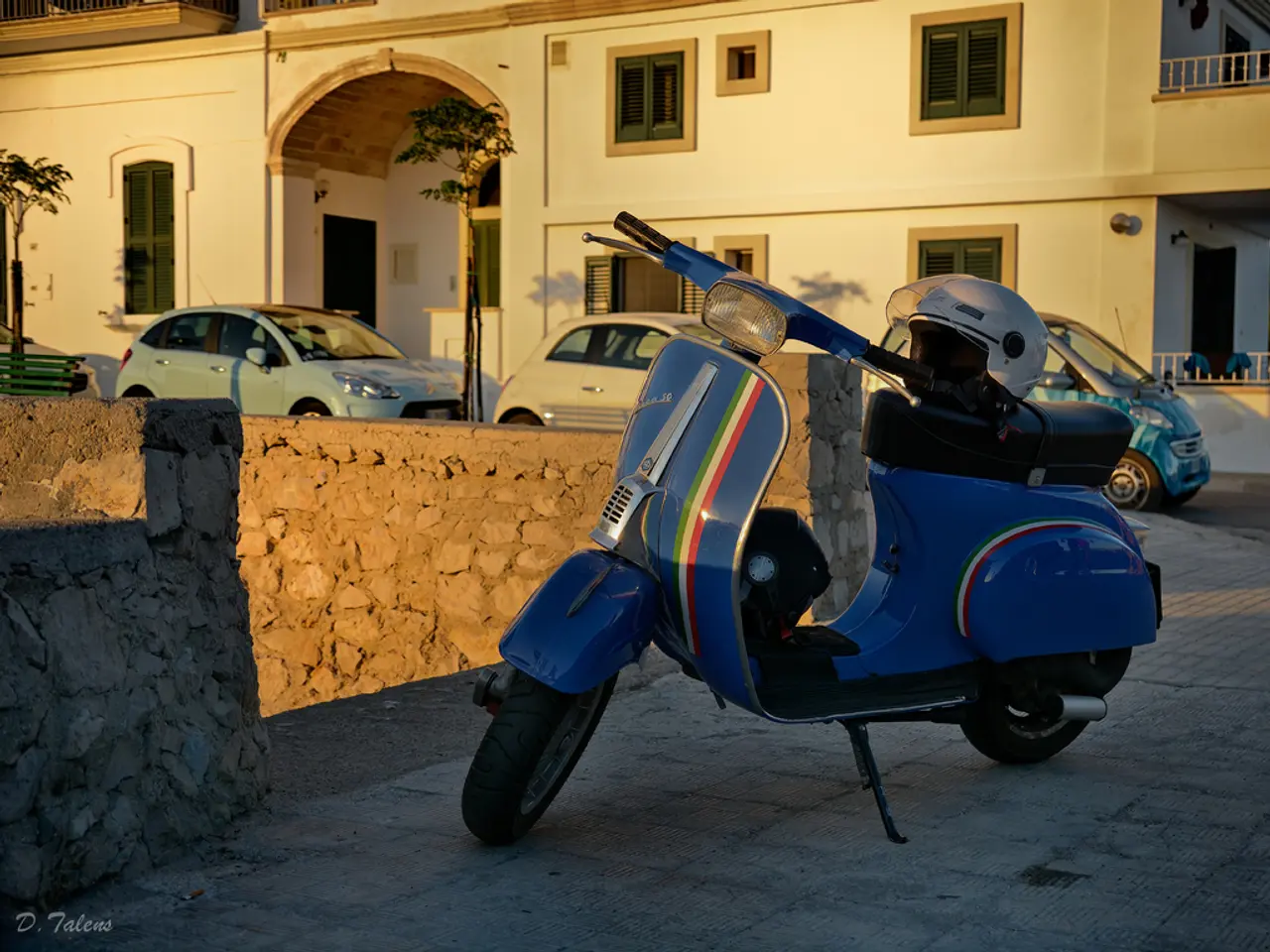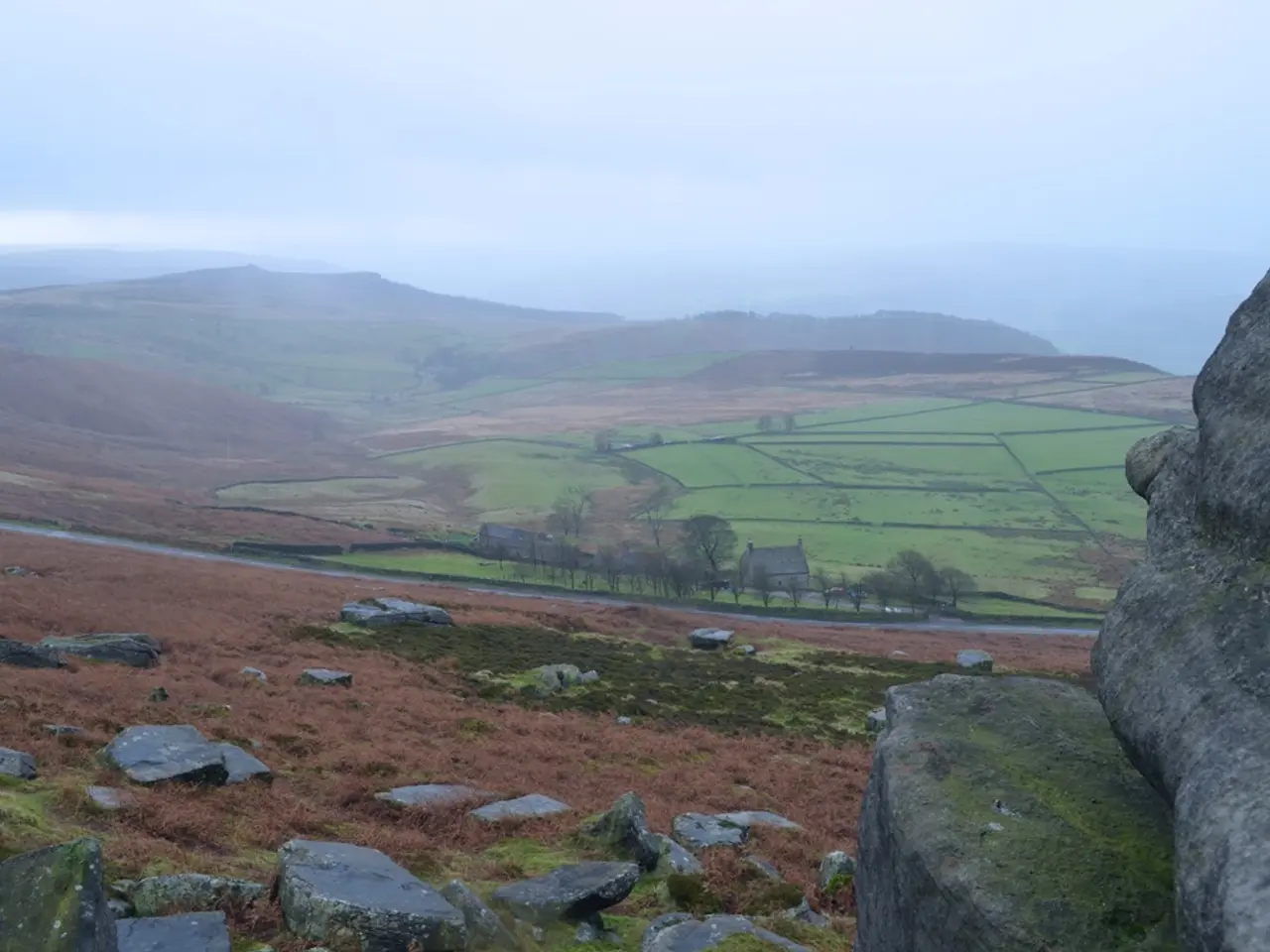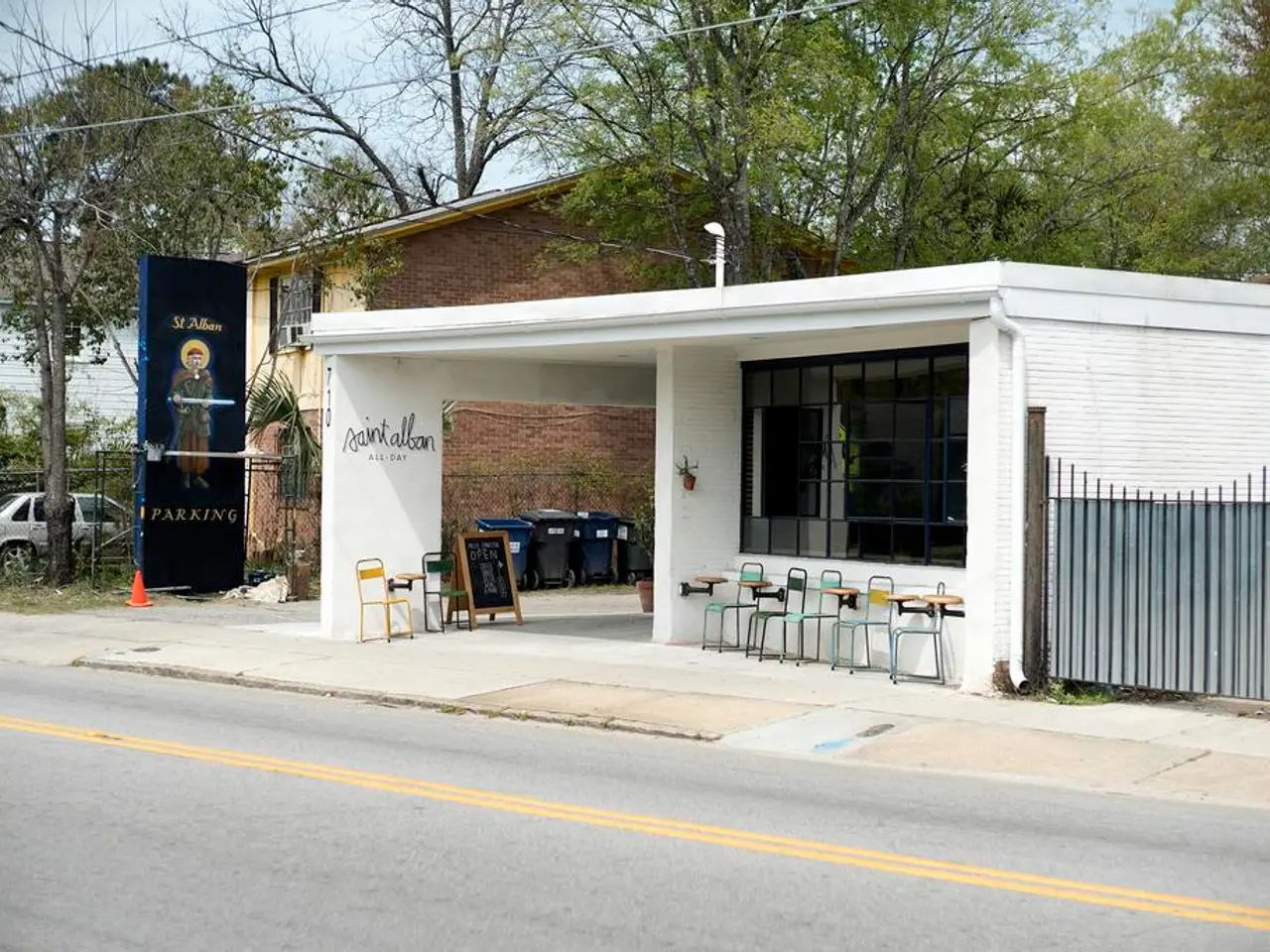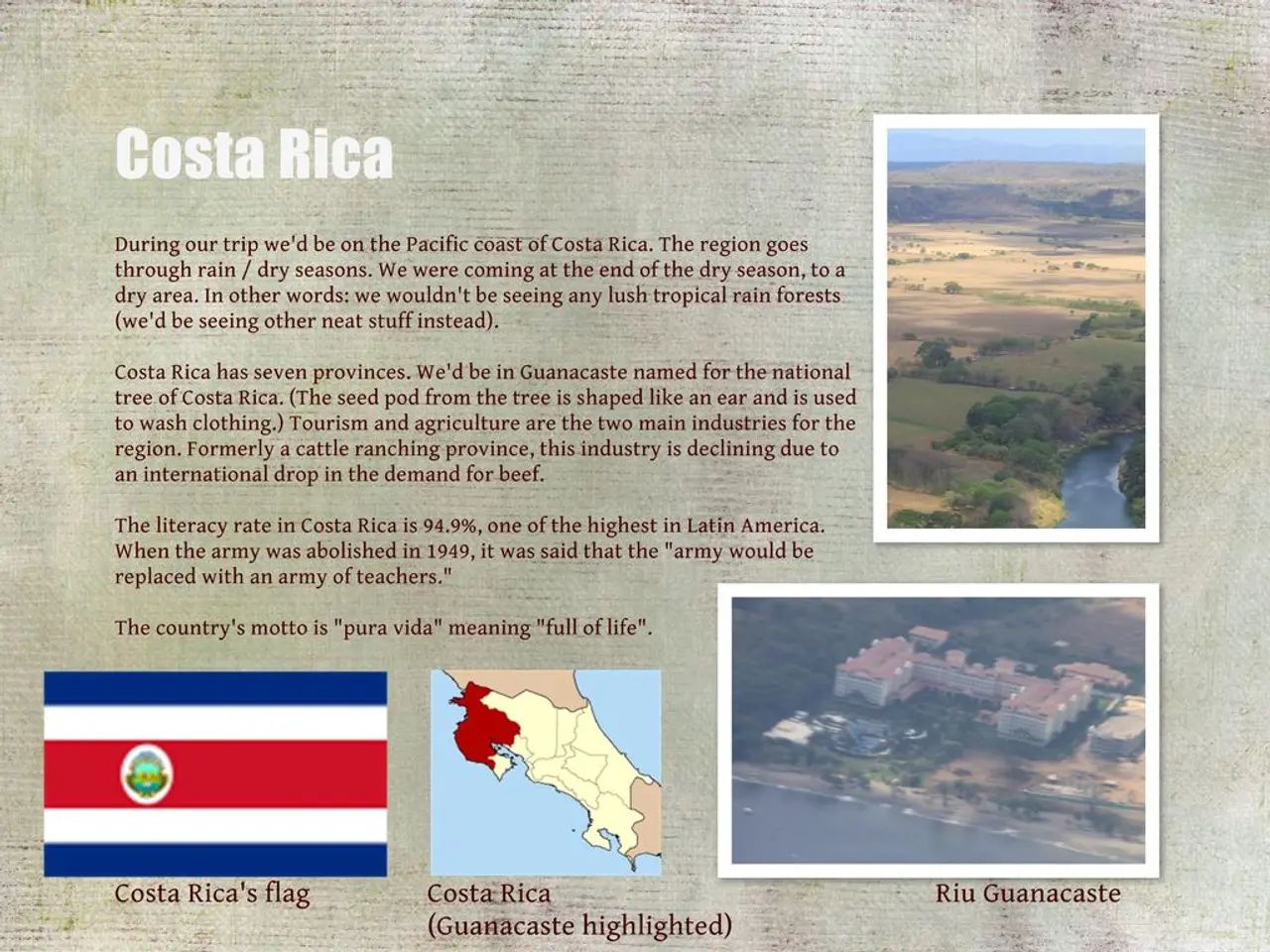Western Cape Government relies heavily on exports as a foundation for their Growth for Jobs Plan
The Western Cape Government recently held a West Coast Export Seminar in Lutzville, Matzikama, with the aim of fostering new partnerships and exploring opportunities to diversify the region's export basket. Dr Ivan Meyer, Western Cape Minister of Agriculture, Economic Development and Tourism, delivered the keynote address.
The seminar highlighted the importance of exports to the Western Cape's economy. Approximately R9.5 billion, or about 37%, of the district's total export value comes from agricultural exports alone. The Cederberg municipality, in particular, accounts for over 92% of the district's agricultural export earnings, with agricultural exports reaching R3.47 billion in 2024.
Dr Meyer emphasised that these initiatives are aligned with the strategic priority to build exports and domestic markets in the Western Cape. He stated, "Exports are a crucial part of the Western Cape's Growth for Jobs Strategy."
To achieve its goal of tripling the value of Western Cape exports by 2035, the government has implemented catalytic interventions. Key interventions include the revitalisation of freight rail infrastructure, energy resilience and clean energy expansion, red tape reduction, investment promotion, and the development of Special Economic Zones (SEZs).
The Overberg Freight Rail Business Case aims to restore rail freight along a crucial agricultural corridor, shifting 10% of freight from road to rail and reducing exporter costs by up to 30%. This initiative also aims to reduce road congestion and lower carbon emissions by 70% per tonne of freight. It is expected to attract investment and create long-term jobs in agriculture and other sectors.
The province is also working on an Energy Resilience Programme, which has already added more than 1,000 MW of energy capacity outside of Eskom and the Renewable Energy Independent Power Producer Procurement Programme (REIPPPP), including a 210-million-rand solar plant in Riversdale. This could propel the province toward becoming a net energy exporter, benefiting industries and exports financially.
A Red Tape Reduction Unit has saved businesses R2.4 billion by streamlining regulations, thereby improving the business environment to accelerate export growth. Wesgro, the provincial investment agency, is actively attracting investment and promoting exports in sectors such as renewable energy, manufacturing, agro-processing, and greentech. Special Economic Zones like Atlantis SEZ and Saldanha IDZ focus on maritime, oil and gas, and renewable technologies, drawing investors to grow export-oriented industries.
Ongoing support is being provided to create an enabling environment for export growth in the Western Cape. This includes the introduction of an Online Export Training Programme to build capacity and the development of enhanced market intelligence to identify new opportunities for export growth.
Dr Meyer concluded the seminar with a call to action, "Let us get it done-together." The Western Cape Government is committed to positioning the province as a leading global export region by 2035. France and Italy have shown significant growth of 318% and 86%, respectively, in export value over the past five years. The Netherlands, the United States, the United Kingdom, France, and Italy are leading export destinations.
Key stakeholders from government, business, and civil society attended the seminar, providing a platform for forging new partnerships, sharing insights, and exploring opportunities to diversify the region's export basket. The Western Cape Government's integrated programmes address infrastructure bottlenecks, energy availability, regulatory hurdles, and investment attraction, all designed as catalytic measures to triple export value by 2035.
- The keynote address by Dr Ivan Meyer at the West Coast Export Seminar underscored the importance of exports for the Western Cape's economy, particularly agricultural exports, which account for approximately 37% of the district's total export value.
- To achieve its goal of tripling the value of Western Cape exports by 2035, the government is working on initiatives such as the revitalization of freight rail infrastructure, development of Special Economic Zones (SEZs), and the creation of online export training programs, all of which have the potential to boost exports in sectors like agriculture and sports, and attract foreign investors.
